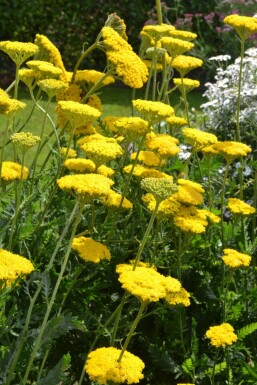
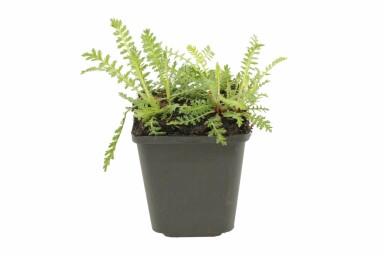


Immerse yourself in the world of flowering bee-friendly plants, where each bloom contributes to a thriving ecosystem. Heijnen Plants proudly presents a curated selection of flora designed to foster biodiversity and support our essential pollinators. These plants are not only a feast for the eyes with their vibrant colors and diverse forms but also a banquet for bees, offering nectar and pollen to sustain their populations. Cultivate a garden that buzzes with life and beauty, starting with our exquisite range of bee-friendly offerings.




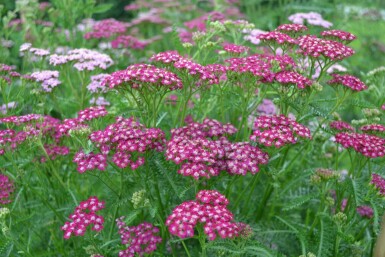
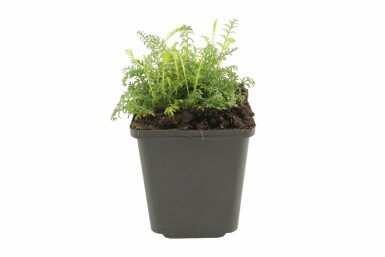





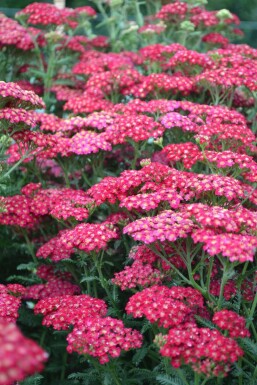
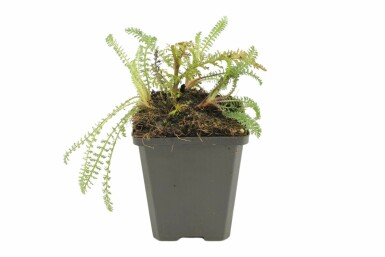
60cm


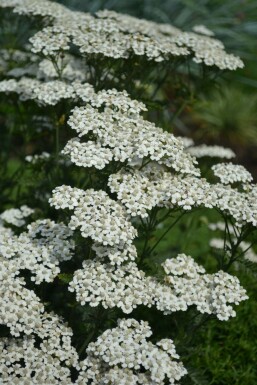
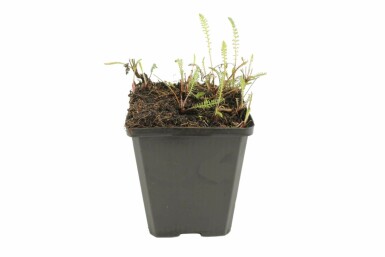
60cm


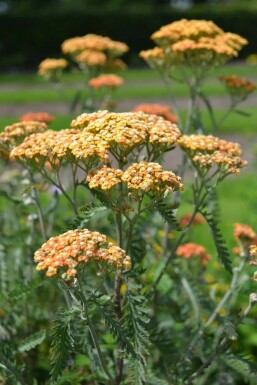
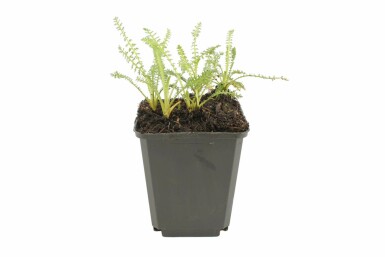



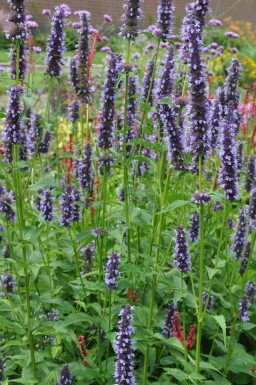
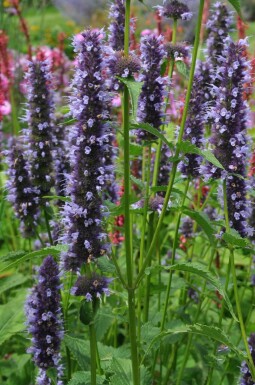
80cm



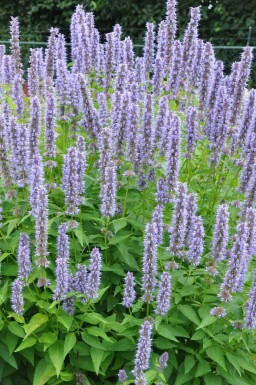
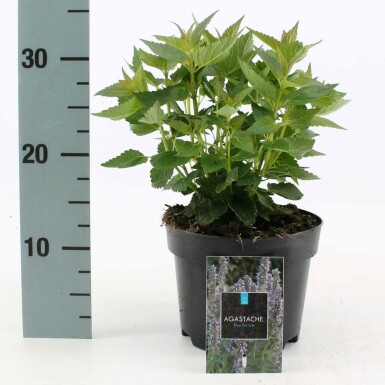



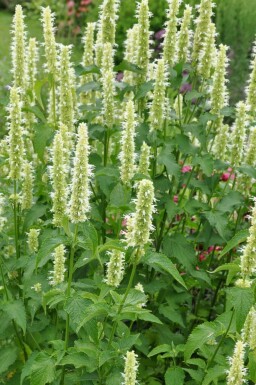
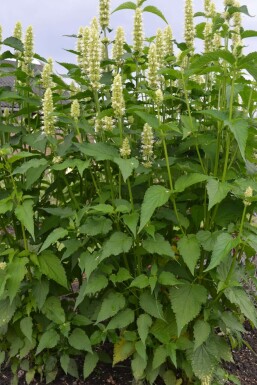
100cm


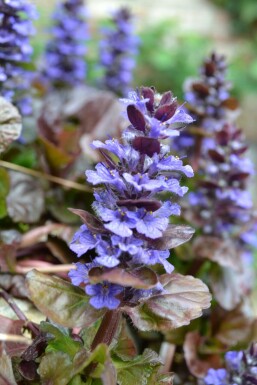
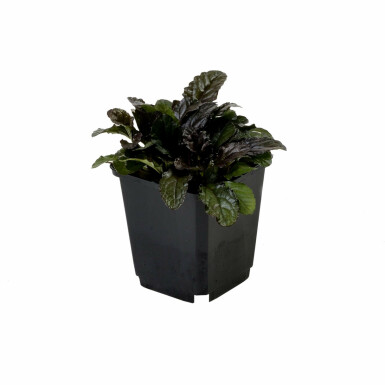
15cm



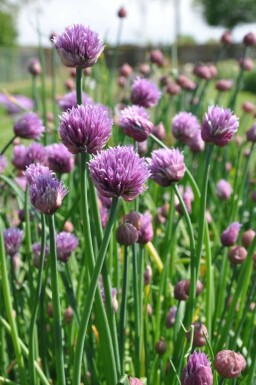
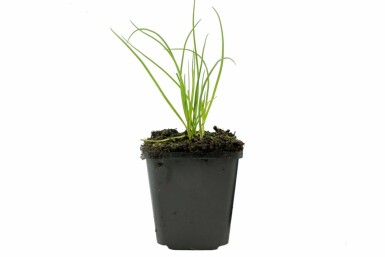
30cm





30cm





150cm



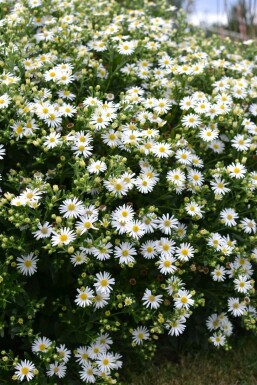
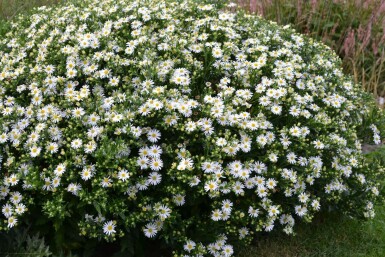
50cm



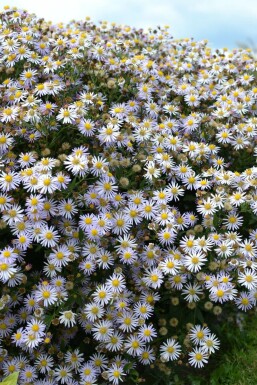
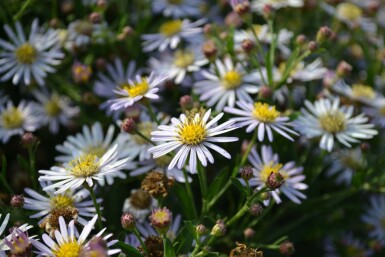
70cm



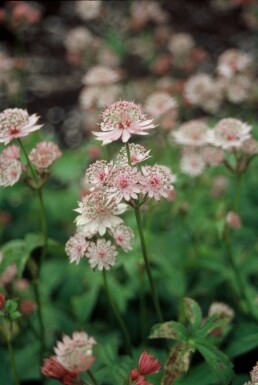
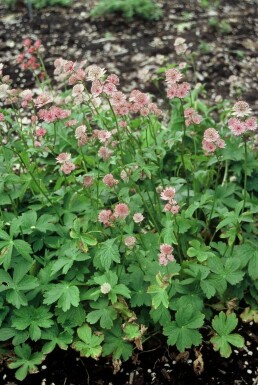
60cm




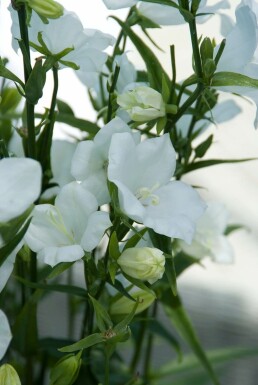

80cm


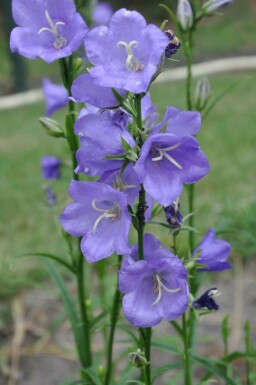

80cm



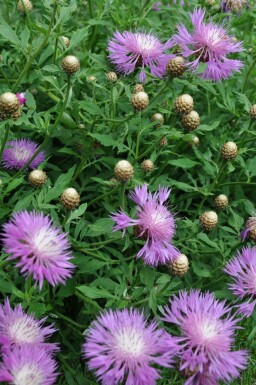
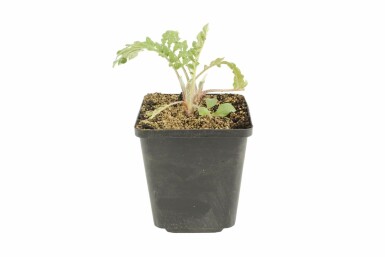
70cm




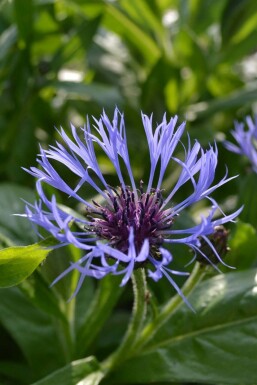
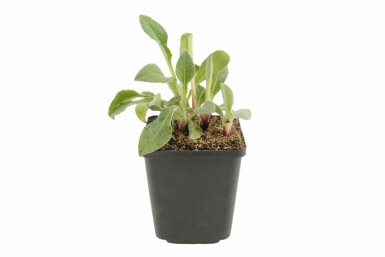
40cm




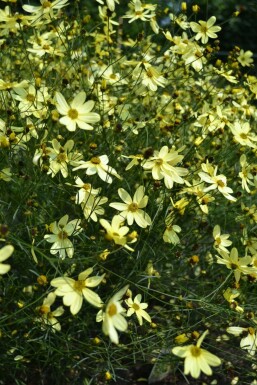
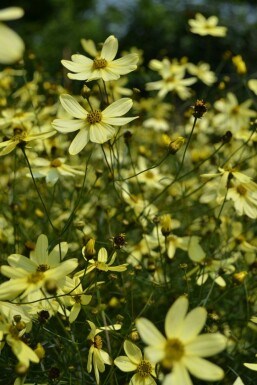


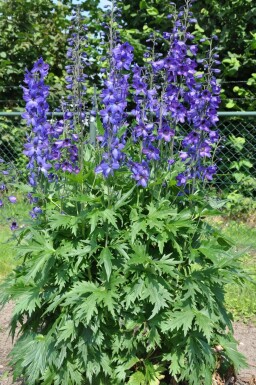
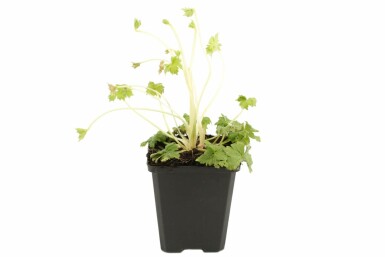
150cm













150cm





120cm





Welcome to a world where your garden can flourish with vibrant beauty while supporting our vital pollinators. At Heijnen Plants, we offer an exquisite selection of flowering bee-friendly plants, including the richly hued Sedum 'Purple Emperor' and the charming Origanum 'Rosenkuppel'. These plants are not only a feast for the eyes but also provide essential nectar sources for bees, contributing to the health and diversity of your local ecosystem.
Creating a bee-friendly garden is vital for the health of our planet's ecosystems. Bees play a crucial role in pollination, which is necessary for the reproduction of many plants and the production of fruits and vegetables. By integrating flowering bee-friendly plants into your garden, you not only enhance its aesthetic appeal but also contribute to the conservation of bee populations. The plants we offer at Heijnen Plants are carefully selected to ensure they provide the best resources for these industrious pollinators throughout the growing season.
When selecting plants to attract and nourish bees, it's important to consider variety, bloom time, and color. Bees are particularly drawn to flowers with open or flat blooms that make it easy for them to access nectar and pollen. Our selection includes the stately Echinops bannaticus 'Taplow Blue', which offers striking globe-shaped flowers, and the vibrant Gaillardia 'Bijou', also known as blanket-flower, beloved for its long-lasting, vivid blooms.
To ensure that your garden provides sustenance for bees from early spring to late fall, it's essential to have a diverse range of plants that bloom at different times. Early bloomers like the delicate Campanula persicifolia 'Coerulea' and its counterpart, 'Alba', offer a welcome source of nectar as bees emerge from hibernation. Meanwhile, mid-season flowers like the whimsical Veronicastrum sibiricum 'Red Arrows' and the striking Astrantia major 'Primadonna' keep the feast going. Lastly, late-season bloomers such as Digitalis purpurea 'Gloxiniiflora', with its towering spires, provide essential resources as bees prepare for the colder months.
When designing your bee garden, consider the grouping of plants to create mass appeal—clusters of the same species can be more attractive to bees than individual plants scattered throughout the space. Additionally, the vertical accents provided by Liatris spicata 'Kobold' add another dimension to your garden while catering to pollinators. Remember to provide a source of water for bees, such as a shallow dish with pebbles or a birdbath, as hydration is as important as nutrition.
By choosing bee-friendly plants like those offered by Heijnen Plants, you're not only enhancing the beauty of your own garden but also creating a haven for bees. Your choice to include these flowering plants will have a positive ripple effect on the environment, supporting the health of your local ecosystem.
Flowering bee-friendly plants serve a dual function in the garden: they provide an aesthetically pleasing display of color and form, while also playing a critical role in supporting local bee populations. Their presence helps to ensure the pollination of many other plants, contributing to the overall health and productivity of the garden ecosystem.
The best period for transplanting flowering bee-friendly plants is during their dormant phase, typically in early spring or late fall. This timing allows the plants to acclimate to their new location without the stress of blooming or extreme weather, promoting root development and successful establishment in the garden.
To create a harmonious and beneficial garden ecosystem, combine flowering bee-friendly plants with other bee-friendly plants and butterfly-friendly plants. Incorporating perennials, ornamental grasses, and border plants can provide a succession of blooms, offering a continuous source of nectar and pollen throughout the growing season.
Flowering bee-friendly plants generally prefer well-drained soil, rich in organic matter. While some variations exist, most thrive in soils that are slightly acidic to neutral. Ensuring adequate drainage and fertility can lead to more robust blooms and a healthier environment for attracting bees and other pollinators.
Popular varieties of flowering bee-friendly plants include Sedum 'Purple Emperor', Origanum 'Rosenkuppel', and Echinops bannaticus 'Taplow Blue'. For those seeking to attract pollinators, Digitalis purpurea 'Gloxiniiflora' and Liatris spicata 'Kobold' are excellent choices. These species provide not only visual appeal but also a valuable food source for bees.
The optimal period for planting flowering bee-friendly plants is during the spring or autumn, avoiding the extreme heat of summer or the freezing conditions of winter. Planting during these times allows the roots to establish themselves in moderate temperatures, ensuring the health and vigor of the plants for the coming seasons.
Discover the joy of a thriving garden with Heijnen Plants' selection of flowering bee-friendly plants. Cultivated with care, these plants not only enhance your garden's beauty but also support biodiversity by attracting pollinators. Choose sustainability and quality; invite nature's little helpers to your garden with our premium plants.
